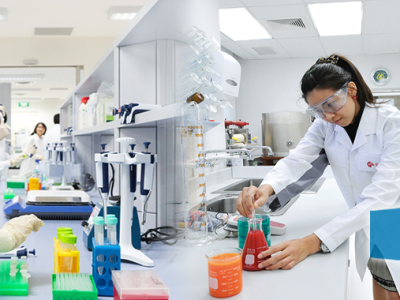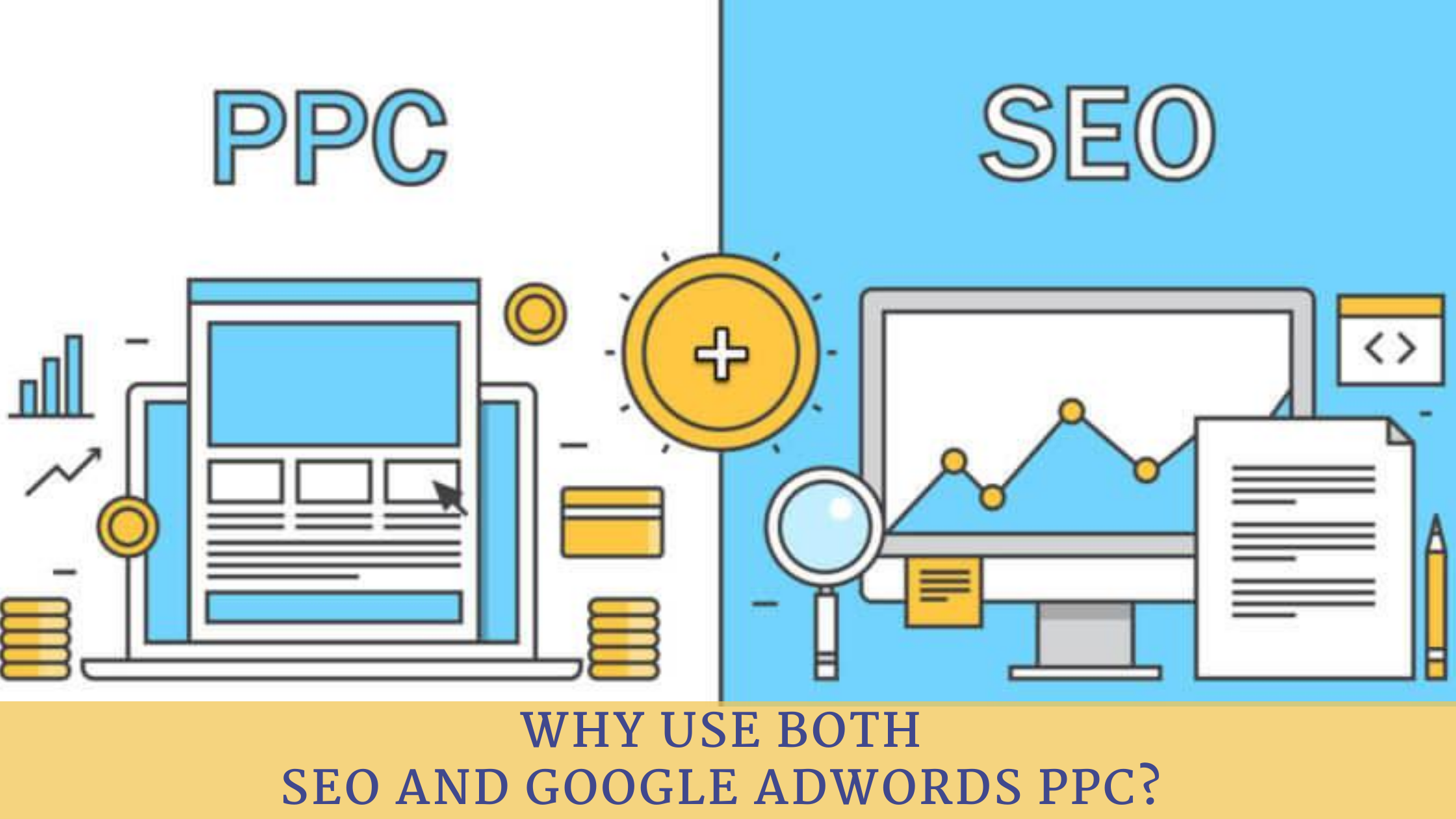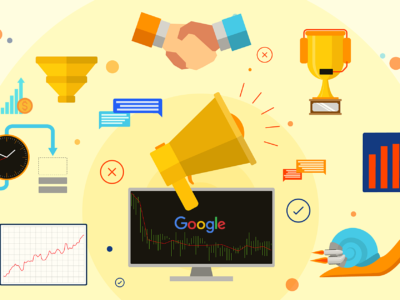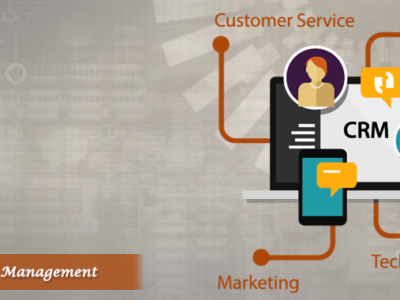
Why Use Both SEO and Google AdWords PPC?

Organic traffic or paid traffic, SEO vs PPC, the never-ending debate between which is better than the other. It’s possible there is no great debate and instead, people just don’t realize the two don’t have to be mutually exclusive of one another.
The truth is many people regard SEO and PPC as being separate marketing strategies and should be treated as such. But what is there was a way for SEO and PPC to work together so your business could get both organic and paid traffic. Leads would increase and so would conversion rates.
The world of search engine marketing is generally divided into two camps: PPC and SEO. Paid Search leads to instantaneous results – immediately putting your brand in front of your target audience – but can be very expensive depending on the level of competition. Meanwhile, Organic Search costs nothing (well, except time, effort, and expertise), but can take months to see similar results to Paid Search.
What is PPC?
PPC stands for pay-per-click. Meaning a business sets up a Google AdWords account and runs an ad campaign. The ad will run until the budget you placed is gone. However, you will only be charged for each click of the link. Hence, pay-per-click.
PPC does not rely on keywords the same way SEO does. PPC is trying to increase the amount of organic traffic to the website. Instead, PPC uses keywords to ensure visibility by users looking for similar products or services. However, the link on the SERP will not be listed among the organic results.
PPC is the ads you see at the top of the results page that aren’t numbered and usually say “ad” or “advertisement.” Those are the PPC ad campaigns businesses have created. PPC allows businesses the opportunity to buy traffic, essentially.
However, the more the increase in traffic and link clicks through the ad the more money the business will have to pay. Either until they end the campaign, or they hit their established budget which is met and the ad is taken down. However, that may require launching a new ad to capitalize on the increases.
What is SEO?
SEO stands for search engine optimization. Through the strategic placement of keywords naturally into website content (web pages, blog articles, landing pages) the website will become optimized for ranking on search engine results pages (SERP). Essentially the more Google’s algorithm likes a webpage or blog article, the higher it will rank when a user searches using the associated keywords.
Keywords are really important to SEO. They help to determine how best to rank web content. Think of it this way, it doesn’t make sense for a plumber’s blog articles to be ranked against an electrician’s landing page. Neither have anything to do with each other. Also, a customer who searches for a plumber would be confused on why they were being shown a landing page for an electrician as the number one result.
Instead, keywords help to determine how the web content is ranked, what content it will be ranked against, and to entirely ignore those websites that appear to be spammy.
The better the keywords used and the better they flow throughout the content, the better the chance of ranking high on a SERP. And ranking high on a SERP will help to increase traffic, customer leads, and conversion rates.
Creating the Perfect SEO and PPC Combination
Today SERP rankings and having an online image a presence is crucial if a business wishes to succeed, grow, expand, and last a long time. This is why understanding digital marketing and more importantly how to use SEO to increase organic traffic and PPC to increase paid traffic.
However, the current line of thought being the two are mutually exclusive of one another and therefore can and should only act independently is holding back your business. And many more like it.
This in turn, of course, lends itself to ranking higher on SERPs and therefore increasing your exposure to the online community. Which SEO and PPC can also help with in terms of your online image.
combining SEO and PPC into one overall marketing strategy is a great way to increase traffic and conversion rates. With PPC picking up what SEO missed in terms of link clicks, and PPC providing instant results as to which keywords, titles, meta-titles, and content works, the chances of a more successful SEO campaign increase. Here’s why:
- Your Business Brand is More Clearly Identified
- Double Your Site’s Visibility in SERPs
- Increase Click-Throughs across Paid and Earned Search
- Earned Search Rankings Are Volatile; Paid Ad Rank Is Not
- Using both Earned and Paid Marketing Reduces Costs
- Your quality score will be improved
- You can insulate your business against algorithm updates
How Google AdWords Auction Works?
Advertising on Google AdWords is often compared to an auction. Advertisers tell Google how much they are willing to bid to show their ad for a particular keyword and Google puts the highest bidder in the #1 position. Simple, right?
Google gets paid per click (hence the PPC acronym) and while – all things being equal – Google would logically choose a $10 keyword bid over a $1 keyword bid; Google stands to make more money if 11 people click on the $1 ad than if only 1 person clicks on the $10 ad. In other words, Google considers behavioral factors in conjunction with an advertiser’s keyword bid.
What are those behavioral factors? Well, Google became the search giant they are today not only by showing search results, but by showing relevant search results. In addition to the keyword bids, Google AdWords’ auction algorithm also considers the relevancy and user experience of the landing page the ad directs to.
How to Improve SEO Performance?
Landing page relevancy is where search engine optimization comes in to play. One of the key tenets to SEO is improving a site or pages relevancy to certain keywords and all of the optimizations that go into improving a page’s organic ranking – keyword usage, meta data, page speed, etc – also lend themselves to improving the page’s relevancy in paid search.
In short, making organic search optimization changes to a page tells Google that page provides a better, more relevant user experience and Google subsequently lowers the cost-per click (CPC) it takes to get your ad shown for that keyword.
SEO-friendly pages can drastically lower the cost and improve the performance of a campaign – up to a 38% decrease in CPC – driving more traffic for less ad spend.
That’s right. In addition to improving your organic rankings, an effective SEO strategy can actually save you money on your PPC campaigns.
How to Improve PPC Performance?
The beneficial relationship between organic search optimization and paid search performance isn’t a one-way street. While paid ads don’t directly affect organic rankings, there are many ways in which paid ads can help improve organic performance.
The most notable of these is that the presence of paid search ads can actually improve the CTR of an organic search listing. Case studies have shown that search users are more likely to click on an organic result when there is a paid ad present for the same website. There’s good reason for this – the presence of both paid and organic results for the same brand improves recognition and evokes a stronger reputation in the mind of the search user.
Even when a paid ad and organic ad are shown separately, a search user may be more likely to click on an organic result from a site or brand they recognize over one they have not seen a paid ad for. In both scenarios, the paid ads help drive more organic clicks, which in turn improves the organic ranking (as Google weighs CTR on organic results as well!).
Grow Your Business to the Next Level
When it comes to deciding between either or, definitely choose both and combine your SEO and PPC efforts to maximize your digital marketing strategy and get the most out of your online presence. Contact us today for more information on how you can take your digital marketing campaign to the next level.



